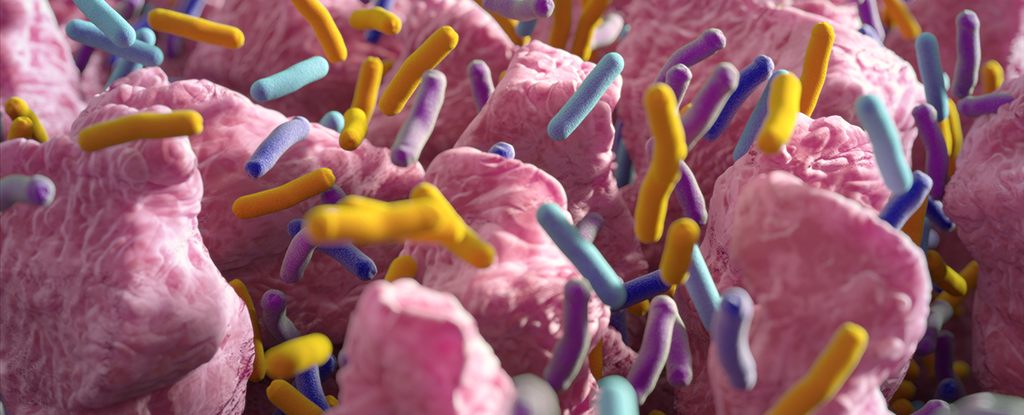
A recent study from Marshall University suggests that gut microbial byproducts may offer a natural alternative to weight-loss medications like Ozempic. This finding, published in the International Journal of Molecular Sciences, highlights the potential of leveraging gut health to enhance metabolic outcomes in individuals struggling with obesity.
The research focuses on enteroendocrine cells (EECs) in the gut, which produce GLP-1 (glucagon-like peptide-1), a hormone integral to regulating appetite and blood sugar levels. The study indicates that a reduced number of EECs and subsequently lower GLP-1 production may contribute to obesity. Researchers conducted tests on rats and lab-grown mini-guts, known as organoids, to establish a connection between fewer EECs and increased obesity rates.
According to biochemist Alip Borthakur, “This points to a potential therapeutic strategy that leverages the gut microbes to improve metabolic outcomes in obesity.” To address the issue of lower EEC production, the team explored the effects of tryptophan, an amino acid already recognized for its role in promoting gut health. They discovered that tryptophan and its metabolite, indole, could stimulate the generation of new EECs, leading to an increase in GLP-1 production.
Tryptophan is commonly found in foods such as poultry, eggs, cheese, and certain seeds. The researchers propose that dietary supplements or probiotics could deliver this amino acid to the gut, initiating a beneficial chemical reaction. Borthakur stated, “Our findings suggest that microbial metabolites derived from dietary tryptophan can reverse obesity-associated reductions in hormone-secreting gut cells.”
A significant aspect of this research is the identification of the aryl hydrocarbon receptor (AhR), a specific cell receptor that plays a crucial role in the process of EEC differentiation. This discovery provides a targeted approach for developing future treatments aimed at boosting GLP-1 levels naturally.
While the promise of these findings is evident, actual treatments are still in the early stages of development. Current medications like Ozempic fall under the category of GLP-1 receptor antagonists and are primarily used to manage type 2 diabetes and obesity. However, these drugs can cause side effects, making the idea of enhancing the body’s natural GLP-1 production appealing.
In recent years, various research teams have sought to manipulate gut bacteria and dietary habits to improve GLP-1 levels. The next step in this line of inquiry will be to transition from animal models to human trials. Although the laboratory-based tests provide valuable insights, human physiology may exhibit different responses, necessitating further investigation.
The researchers acknowledged this complexity, stating, “The molecular players and signaling pathways involved in the regulation of EEC differentiation could be different in the normal and obese conditions.” Continued research in this area may eventually lead to effective, natural alternatives for managing obesity and improving overall metabolic health.







